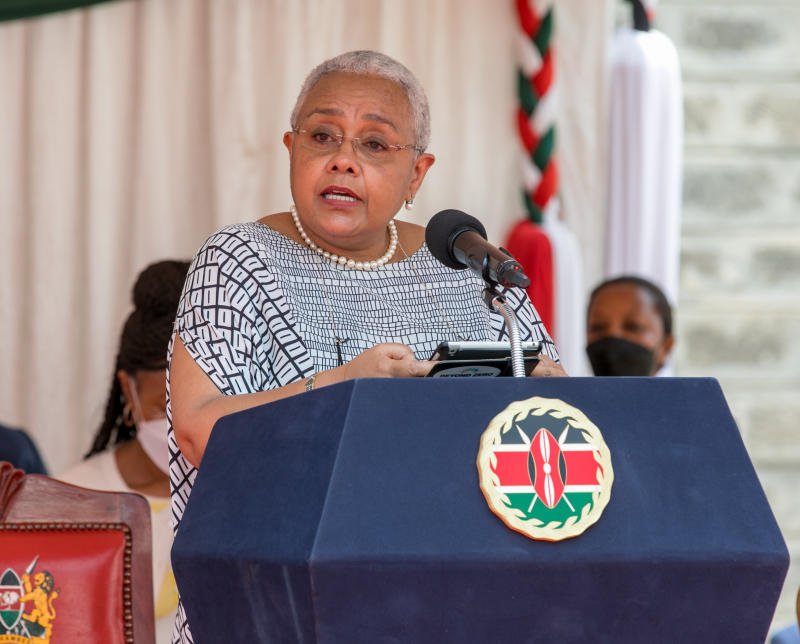×
The Standard e-Paper
Join Thousands Daily

Survivors of sexual and gender-based violence (SGBV) should feel confident to speak up knowing they will be heard and afforded necessary care by police.
This emerged yesterday when First Lady Margaret Kenyatta launched the National Police Service integrated response to SGBV, christened Policare. The policy document, according to the First Lady, ushers in a new era in Kenya: an era where survivors of SGBV will have more trust in the police force and feel confident in the process of seeking recourse.